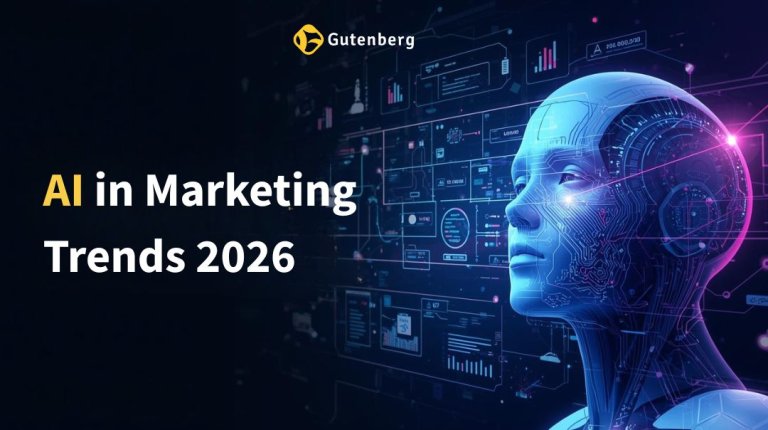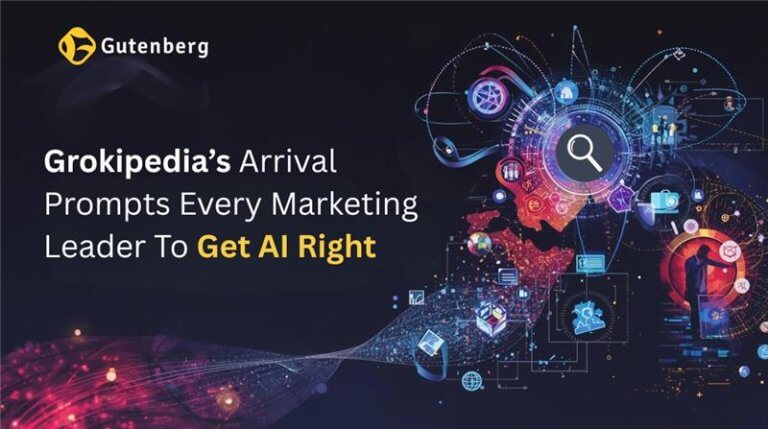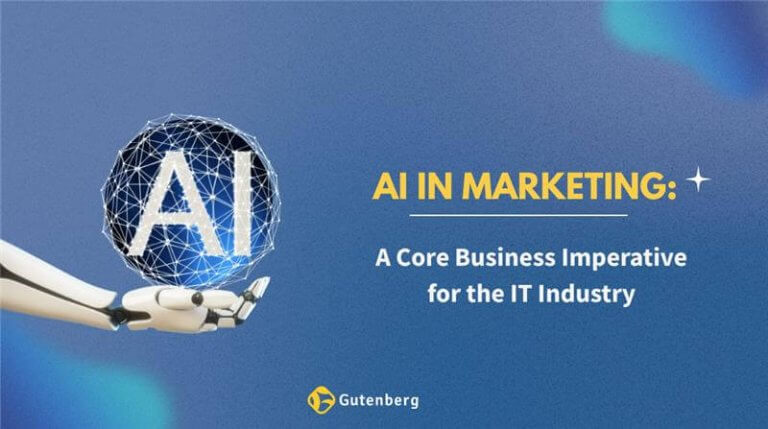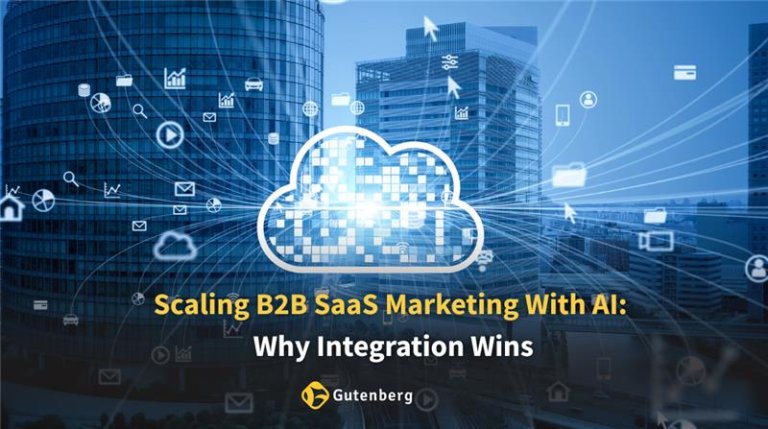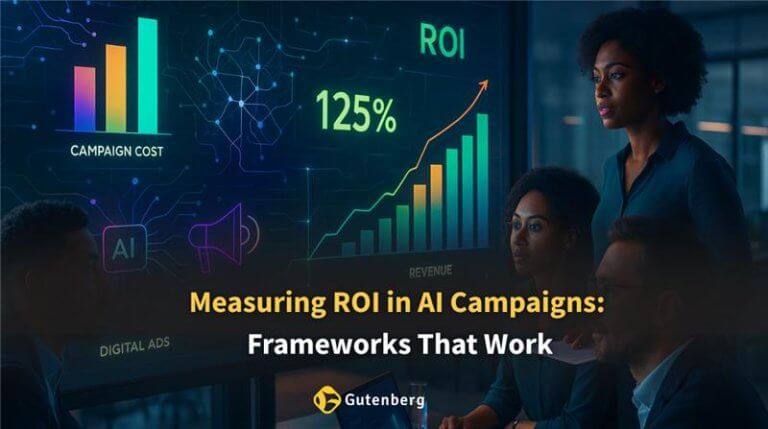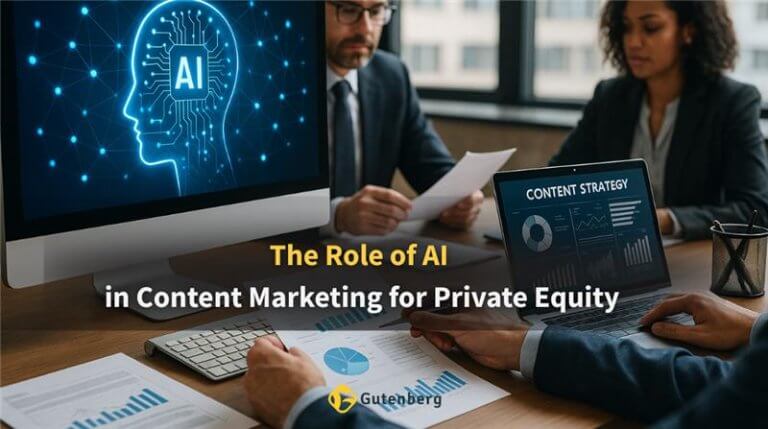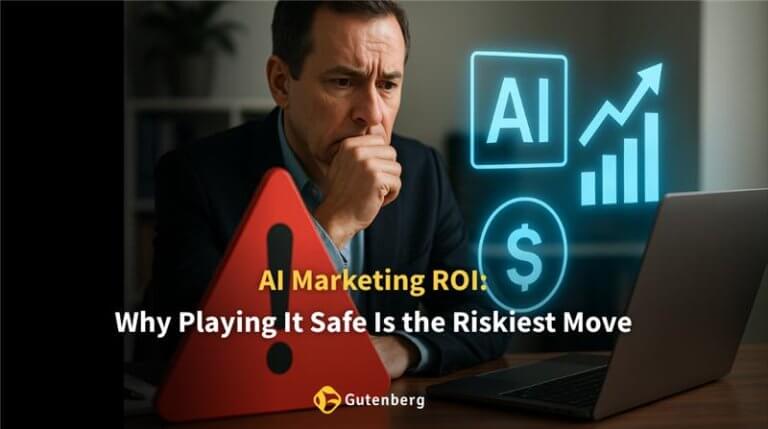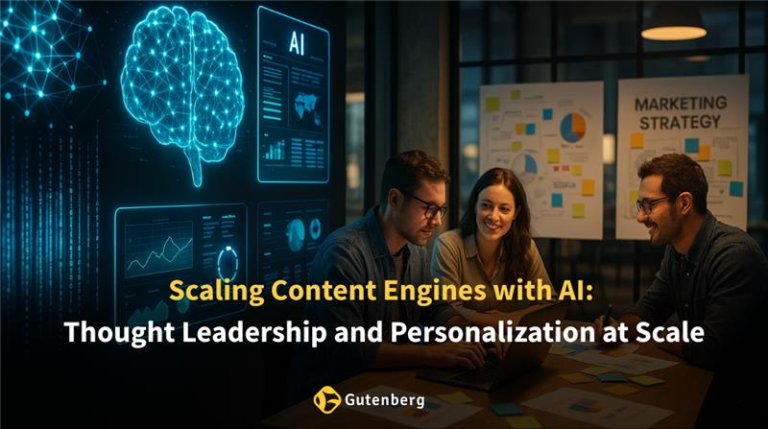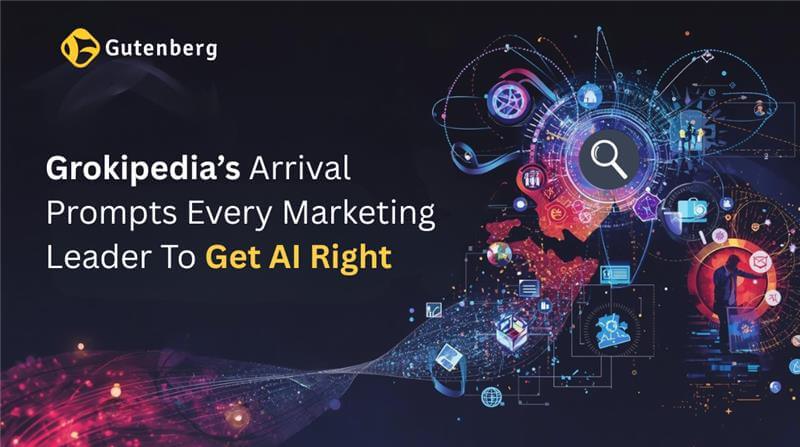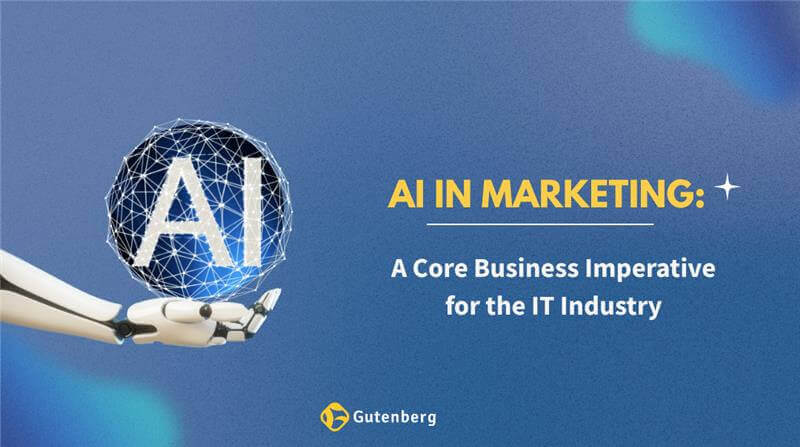In the tech industry, marketing isn’t just about reaching the right audience. It’s about doing it with the right message, at the right time, and on the right channel. Personalization has become central to that goal. But personalization today isn’t just about using a first name in an email or segmenting by industry. As customer expectations continue to climb, companies are expected to deliver experiences that feel individually tailored across thousands or even millions of users. Doing this manually is unrealistic. This is where AI-powered tech marketing plays a significant role. With AI in digital marketing becoming mainstream, tech brands can now deliver personalization at scale that would have been impossible just a few years ago.
Artificial intelligence is no longer just a tool for data analytics teams. It’s shaping how marketers approach personalization, helping them build hyper-personalized campaigns that actually scale. With the ability to sift through vast amounts of data, predict behavior, and automate delivery, AI is allowing tech marketers to move far beyond broad targeting.
In this blog, we’ll explore what AI-powered tech marketing really means, how AI enables personalization at scale, the practical ways AI drives AI-driven customer engagement, why hyper-personalized campaigns are outperforming traditional ones, and how a strategic partner like Gutenberg supports this shift.
The Demand for Personalization Has Shifted
Personalization is no longer optional. A study by McKinsey found that 71% of consumers expect companies to deliver personalized interactions, and 76% get frustrated when this doesn’t happen. This applies just as much to B2B and tech audiences as it does to consumer brands.
In the past, personalization might have meant creating a few audience segments or writing tailored email copy. But these methods hit their limits quickly, especially when businesses scale. That’s why personalization at scale has become the new priority.
Traditional segmentation can’t deliver the nuance needed for modern customer expectations. AI offers the intelligence and automation necessary to meet this demand and do it efficiently.
What Is AI-Powered Tech Marketing and Why It Matters?
AI-powered tech marketing refers to the use of artificial intelligence tools to plan, execute, and optimize marketing strategies in a scalable way. It includes capabilities such as:
- Predictive analytics: Using data models to anticipate future behaviors and outcomes.
- Real-time customer behavior tracking: Monitoring actions across platforms to adjust engagement accordingly.
- Dynamic content creation: Automatically generating and adjusting content based on individual preferences.
- Campaign performance analysis: Evaluating effectiveness and reallocating resources instantly.
- Journey orchestration: Mapping and guiding customers through personalized paths based on their interactions.
AI helps marketers move beyond intuition and historical performance. It can process massive data sets from CRMs, social platforms, websites, and customer support channels to uncover patterns and insights that human teams can’t see on their own.
This is why AI-powered tech marketing is fast becoming the foundation for smarter strategies and AI-driven customer engagement.
How AI Delivers Personalization at Scale
Machine Learning Powers the Data Layer
At the core of AI in digital marketing is machine learning. These algorithms sort through customer interactions from clicks to downloads and continuously refine targeting based on user behavior. This allows marketers to deliver experiences that feel one-to-one, even when speaking to an audience of thousands.
Predictive Personalization and Timing
Predictive AI models anticipate what a customer might need next. Whether it’s a product recommendation or a piece of content, the system delivers it before the customer asks. This kind of proactive engagement leads to better results.
Dynamic Content Customization
AI allows real-time content variation. A visitor to a website might see different copy, product suggestions, or layouts depending on their previous interactions or buying stage. This type of dynamic targeting makes hyper-personalized campaigns feel relevant without being intrusive.
All of this is made possible without requiring marketers to hand-craft every touchpoint. The scale comes from automation, and the intelligence comes from data that is constantly learning.
AI-Driven Engagement: What It Looks Like in Practice
- Better Onboarding Experiences: AI tools adapt onboarding journeys based on user behavior, helping reduce churn by recommending timely content or support.
- Smarter Email and Content Journeys: Emails and content flows are personalized based on individual actions like page views or downloads, improving conversion potential.
- Real-Time Campaign Adjustments: AI tools detect underperformance and instantly shift creative or reallocate budgets to boost engagement.
According to a study, emails with personalized subject lines see a 50% higher open rate compared to generic ones.
Maintaining Authenticity While Scaling
While AI makes personalization at scale achievable, it’s important that campaigns still feel authentic. Customers don’t want to feel like they’re interacting with a machine. They want relevance, but also trust and transparency.
- Use AI to inform decisions: Let human insight drive strategy, with AI serving as a support tool.
- Be transparent about data usage: Let users know what data is collected and how it’s used, and provide opt-out options.
- Incorporate feedback loops: Enable users to influence what content they receive, avoiding over-personalization.
Privacy also matters. AI systems must be built with ethical data practices, especially when handling sensitive user information. This isn’t just a compliance issue. It’s a matter of maintaining long-term trust.
Gutenberg: Helping Tech Brands Move Beyond Generic Marketing
At Gutenberg, we help tech companies make personalization meaningful, not mechanical. We understand that AI in digital marketing isn’t about chasing trends. It’s about delivering real impact through smart strategies and well-integrated systems.
Our approach combines strategic planning, customer journey mapping, and the thoughtful use of AI to build hyper-personalized campaigns that connect. Whether it’s helping a SaaS business streamline onboarding or enabling a platform provider to run smarter email campaigns, our goal is simple. We focus on relevance and clarity at every stage of the marketing journey.
We partner with marketing teams that want to move beyond generic outreach and build interactions that actually matter. If your team is ready to introduce intelligent marketing that scales with your customers, Gutenberg is ready to help make that transition successful.
Conclusion: AI Helps Tech Marketing Stay Relevant at Scale
AI-powered tech marketing has shifted how companies approach personalization. The real goal isn’t just to automate or scale efforts. It’s to create experiences that feel relevant, useful, and timely. AI helps marketers understand behaviors, predict intent, and adjust in real time. This makes marketing more responsive and more aligned with customer needs.
Personalization at scale isn’t a dream anymore. With the right systems in place, teams can deliver campaigns that feel individualized without sacrificing efficiency. When paired with clear messaging and thoughtful execution, AI brings consistency and intelligence to every touchpoint.
Companies that adopt AI in digital marketing thoughtfully are building stronger connections and better outcomes. And with the rise of smarter tools and partners like Gutenberg, there’s never been a better time to make personalization at scale work the way it should.
Whether you’re aiming to launch hyper-personalized campaigns or embed AI-powered tech marketing into your digital stack, the opportunity to improve outcomes is here.


